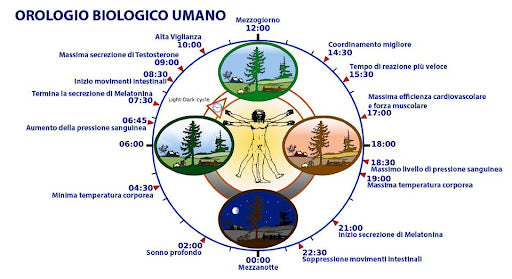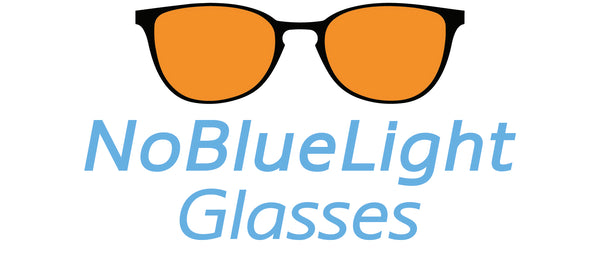
The importance of light for sleep and waking
Share
You may have already heard of our "biological clock".
What is it about?
“Biological clock” is the term used to refer to our “circadian rhythm.”
The circadian rhythm is nothing more than a 24-hour physiological cycle, which regulates the main functions within our body.

Among the most important functions it regulates, there is the sleep-wake cycle.
This cycle is regulated by light.
During the day, the blue light emitted by the sun keeps us awake and active.

This mechanism is regulated by our eyes which, detecting the blue light emitted by the sun, communicate this signal to our brain via the optic nerve.
At night, blue light is absent in nature.
The absence of blue light in the evening causes the production of melatonin, the sleep hormone, from our brain to prepare us for rest.
But in the last little over a century, things have changed.
After the discovery of electricity and then artificial lighting, we started to be exposed to blue light in the evening too.



